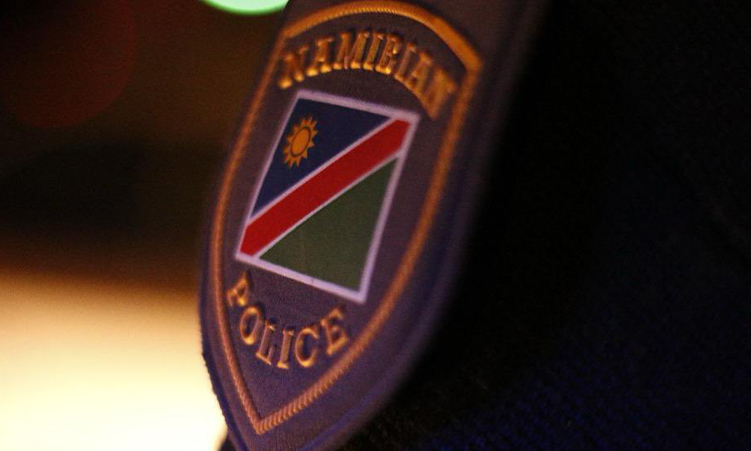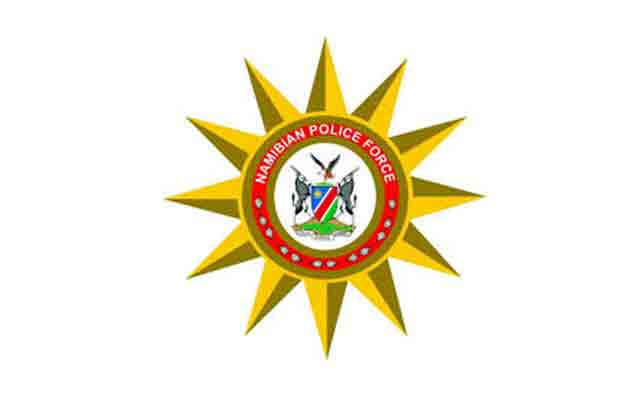A UNITED NATIONS programme intended to feed more than 100 000 orphans and vulnerable children in Namibia’s northern regions has stalled because of a lack of donor support.
Head of the World Food Programme (WFP) in Namibia, Abdirahman Meygag, said yesterday that his organisation would have to consider borrowing from its other projects, or applying for an internal loan, if it did not receive support soon. Following Government’s appeal to the international community last year for assistance to feed 640 000 people identified as being affected by the drought, the WFP pledged to assist by feeding some 111 000 orphans and vulnerable children in the Omusati, Ohangwena, Oshikoto, Oshana, Caprivi and Kavango regions.But the programme which was scheduled to start on March 1 and run through until August, is yet to get off the ground.”It’s an unfortunate situation that we are not receiving anything.The appeal will remain.The programme still stays the same.We are just waiting for the international community to respond,” said Meygag.Earlier this year, the WFP launched a joint international appeal with the United Nations Children’s Fund (Unicef) for US$ 5,8 million (about N$37 million) so that it could distribute maize meal, corn-soya blend and vegetable oil to the needy.Speaking about the Namibian situation in Geneva, Switzerland, on Tuesday, the spokeswoman for the WFP, Christiane Berthiaume, said: “We’ve received nothing.Not one cent.”She described the lack of donor support so far as “sad”.Unicef had hoped for about US$600 000 (about N$3,8 million) of this amount to provide insecticide-treated bed nets and run immunisation campaigns and vitamin distribution to vulnerable children.Unicef representative in Namibia Khin-Sandi Lwin said yesterday that her organisation, along with Office for Co-ordination for Humanitarian Assistance (Ocha), had so far been able to source US$130 000 (about N$832 000) but that much of this had gone towards assisting thousands of flood victims in the Caprivi.Lwin said Unicef did not yet have enough money to embark on its nutritional surveillance and immunisation campaigns.”It [the programme] will fall flat if we don’t get the additional assistance to do what we want in the long term,” she said.Meygag said that the plight of thousands of vulnerable children in the Caprivi had been exacerbated by the floods and that it was a pity that the WFP had, to date, not received any donor support to help them.He added that he remained hopeful that within the coming weeks his organisation would receive some financial assistance that would enable it to get the programme off the ground by next month.”We will just continue to appeal and hope that the international community comes forward,” he said.The Government’s drought food relief programme, which is feeding 640 000 people across all the regions, is expected to end by August.Cabinet Under Secretary Gerson Tjihenuna said yesterday that very few donors had come forward to assist the Government drought relief programme since it launched an appeal for donor support, but that the need for assistance remained.”If we don’t get [anything] we have to make do with the little we have.But the need is still there,” he said.A donation from the Indian government – 5 000 tons of rice – has arrived in the country for distribution which is expected to start in a fortnight.Following Government’s appeal to the international community last year for assistance to feed 640 000 people identified as being affected by the drought, the WFP pledged to assist by feeding some 111 000 orphans and vulnerable children in the Omusati, Ohangwena, Oshikoto, Oshana, Caprivi and Kavango regions.But the programme which was scheduled to start on March 1 and run through until August, is yet to get off the ground.”It’s an unfortunate situation that we are not receiving anything.The appeal will remain.The programme still stays the same.We are just waiting for the international community to respond,” said Meygag.Earlier this year, the WFP launched a joint international appeal with the United Nations Children’s Fund (Unicef) for US$ 5,8 million (about N$37 million) so that it could distribute maize meal, corn-soya blend and vegetable oil to the needy.Speaking about the Namibian situation in Geneva, Switzerland, on Tuesday, the spokeswoman for the WFP, Christiane Berthiaume, said: “We’ve received nothing.Not one cent.”She described the lack of donor support so far as “sad”.Unicef had hoped for about US$600 000 (about N$3,8 million) of this amount to provide insecticide-treated bed nets and run immunisation campaigns and vitamin distribution to vulnerable children.Unicef representative in Namibia Khin-Sandi Lwin said yesterday that her organisation, along with Office for Co-ordination for Humanitarian Assistance (Ocha), had so far been able to source US$130 000 (about N$832 000) but that much of this had gone towards assisting thousands of flood victims in the Caprivi.Lwin said Unicef did not yet have enough money to embark on its nutritional surveillance and immunisation campaigns.”It [the programme] will fall flat if we don’t get the additional assistance to do what we want in the long term,” she said.Meygag said that the plight of thousands of vulnerable children in the Caprivi had been exacerbated by the floods and that it was a pity that the WFP had, to date, not received any donor support to help them.He added that he remained hopeful that within the coming weeks his organisation would receive some financial assistance that would enable it to get the programme off the ground by next month.”We will just continue to appeal and hope that the international community comes forward,” he said.The Government’s drought food relief programme, which is feeding 640 000 people across all the regions, is expected to end by August.Cabinet Under Secretary Gerson Tjihenuna said yesterday that very few donors had come forward to assist the Government drought relief programme since it launched an appeal for donor support, but that the need for assistance remained.”If we don’t get [anything] we have to make do with the little we have.But the need is still there,” he said.A donation from the Indian government – 5 000 tons of rice – has arrived in the country for distribution which is expected to start in a fortnight.
Stay informed with The Namibian – your source for credible journalism. Get in-depth reporting and opinions for
only N$85 a month. Invest in journalism, invest in democracy –
Subscribe Now!






